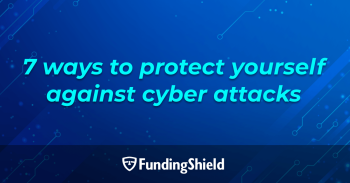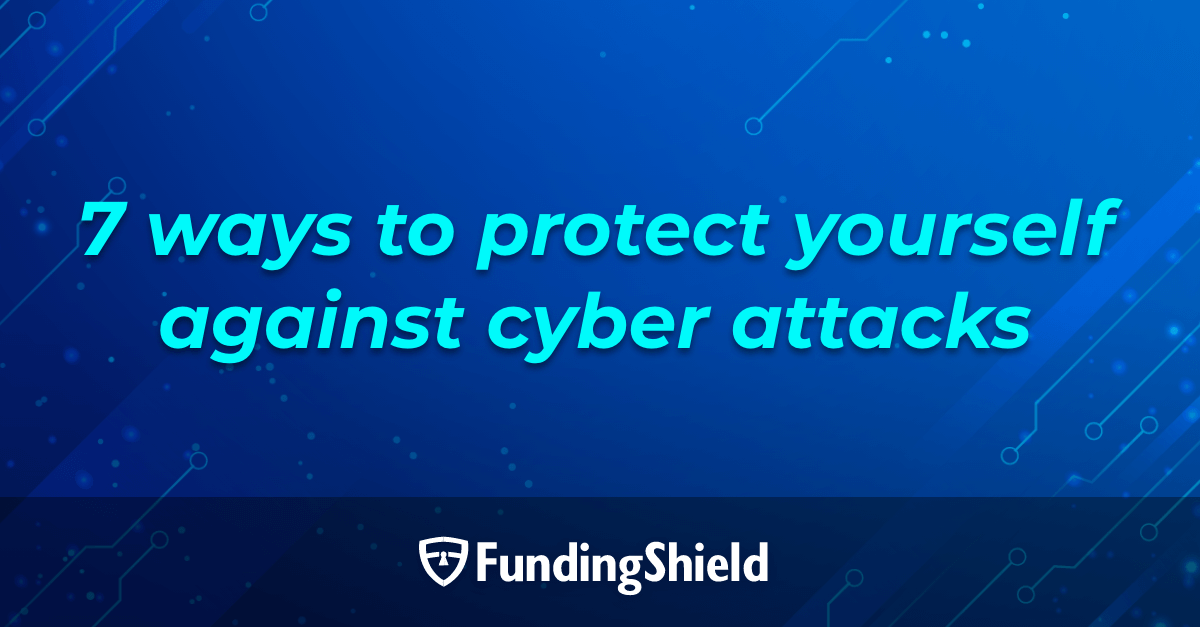7 ways to protect you against cyber attacks
One of the most efficient ways to protect you against cyber attacks is to learn or train yourself or your employees on these sort of attacks, so here’s a list of 7 ways to protect you against cyber attacks.
Don’t overshare on social media
You need to be very careful on what you are sharing on social media, and although this may be too obvios sometimes we don’t understand the sensitiveness of the information we are posting.
For example, posting the an old photo about your elementary school might be giving answers to security questions to retrieve you passwords on any of your accounts. Or maybe you shared your pet’s name or the city you grew up, we know sharing this isn’t as sensitive as passwords, but maybe we’re giving the right way to get them.
Create strong passwords
At this point and in these times it may be very obvious to remind you that easy-to-remember passwords are also the easiest to obtain or break.
Remember that to make your passwords secure they need to contain more than 8 characters, letters combined between lowercase and uppercase, numbers and, if the service allows it, special characters such as the at sign, the number sign or the exclamation marks.
This will add additional layers of security to your passwords and give you the peace of mind that they are not easy to break. Remember to keep them in a safe place so you don’t forget them.
Don’t share passwords
We know that you already know this, but what you may not know is that every day services such as Google, Facebook, Slack or WhatsApp suffer security attacks; and that during these attacks hackers can obtain sensitive information about you or your organization.
That is why we recommend that you do not share your passwords by any of these means. One way to do this is by using services like onetimesecret.com, which allow you to create encrypted, expiration-date links; or lastpass.com that allows you to create a security “vault” for all your passwords and share them safely and for a specific time with whoever you want.
This way you keep control of your sensitive information.
Keep your software up to date
Pay attention to any software update released, most of these are deployed to patch security wholes that allow hackers to get access to your information.
Double check everything
emails impersonating someone or a company even people in your organization has become a common method to get information, they will either ask for personal details or for access to certain files or links.
They can use a similar domain name to trick you or use a technique known as email masking that basically can swap an email address to make it look like another.
So be sure you are communicating with the right person or entity before you send anything.
Backup all your information
Although this may not be a preventive measure; It is a measure that will save you a lot of headaches in case of an eventual attack.
It is very important and even vital to maintain a backup copy of our information, not only due to attacks we may suffer but also to attacks against the services we frequently use, Gmail, Google Drive, Dropbox, etc. They may sound like very safe means but in any moment they could have a seizure.
Having our data backed up will always be a smart security measure.
Verify Who you are Doing Business With
And last but not least, check very well to whom you are transferring the funds. Hackers are becoming more sophisticated and have become very skilled at spoofing identities, so you will have to be very careful not to lose your money and assets.
Ask your provider for FundingShield the most Trusted Solution Against Title and Wire Fraud.
Contact Us
(949) 706-7888


